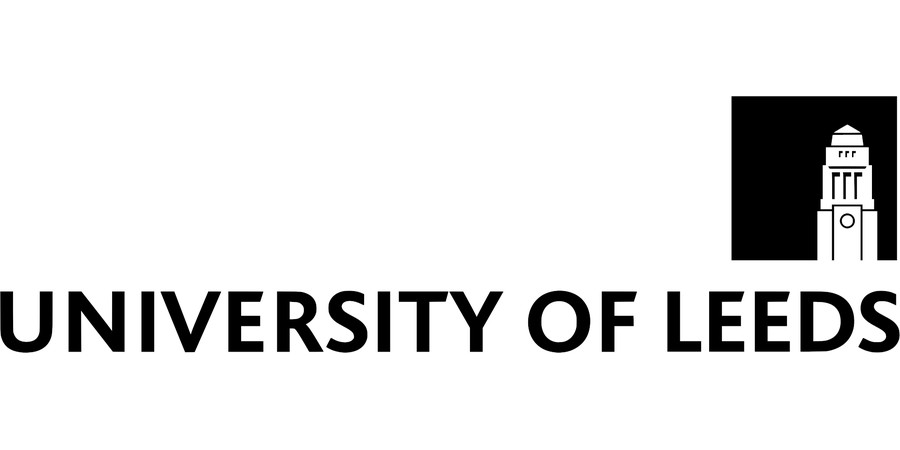Research Fellow in Automation and Flow Reactor Engineering
University of Leeds - School of Chemistry
| Location: | Leeds |
|---|---|
| Salary: | £39,355 to £46,735 Grade 7, per annum |
| Hours: | Full Time |
| Contract Type: | Fixed-Term/Contract |
| Placed On: | 8th May 2025 |
|---|---|
| Closes: | 8th June 2025 |
| Job Ref: | EPSCH1121 |
Fixed-Term: (36 months - To complete specific time limited work)
Are you an experienced and ambitious researcher looking for your next challenge? Do you want to further your career in one of the UK’s leading research-intensive Universities? Are you looking to apply your skills in automation and reactor engineering to the development of new microwave flow platforms for use in materials chemistry?
Metal-organic frameworks (MOFs) have attracted extensive interest from academia and industry owing to their unprecedented porosity and structural and functional diversity. Application of MOFs in catalysis (e.g. CO2 valorisation) and healthcare (e.g. biomarker detection/drug delivery) offer huge potential for addressing key global challenges in energy, mitigation of pollution, and disease diagnostics and treatment.
However, current methods for discovering and optimising MOFs rely on trial-and-error, are poorly reproducible and scale-up takes many years/is not possible as conditions optimised in batch are not readily translatable to scaled up processing.
This project, funded through a UKRI Future Leaders Fellowship, will develop:
- AI-guided self-optimising flow microwave reactor platforms equipped with real-time analyses and
- deliver new fundamental understanding of crystallisation processes for MOFs.
This will accelerate the development of MOFs for targeted applications without wasting time, energy, or chemical resources and overcome considerable issues with reproducibility thus unlocking their commercial exploitation.
You will have a PhD in Chemical Engineering, Chemistry or a related discipline with experience in reactor automation & flow technology, together with a demonstrable record of the ability to design new technologies and generate process understanding. While experience of MOF chemistry and/or programming and/or microwave technologies would be advantageous, they are not a pre-requisite for the role. This post would be ideal for an ambitious and innovative researcher who is driven, enjoys working in a diverse and interdisciplinary team, is excited to learn new skills, and is keen to support setting up the laboratory facilities and share knowledge, and eager to train others in the group.
We are open to discussing flexible working arrangements.
To explore the post further or for any queries you may have, please contact:
Dr Andrea Laybourn, UKRI Future Leaders Fellow & Associate Professor
Email: A.Laybourn@leeds.ac.uk
OR
Prof. Richard Bourne, Professor of Digital Manufacturing
Email: R.A.Bourne@leeds.ac.uk
Please note that this post may be suitable for sponsorship under the Skilled Worker visa route but first-time applicants might need to qualify for salary concessions. For more information, please visit the Government’s Skilled Worker visa page.
For research and academic posts, we will consider eligibility under the Global Talent visa. For more information, please visit the Government’s page, Apply for the Global Talent visa
Advert information
Type / Role:
Subject Area(s):
Location(s):









